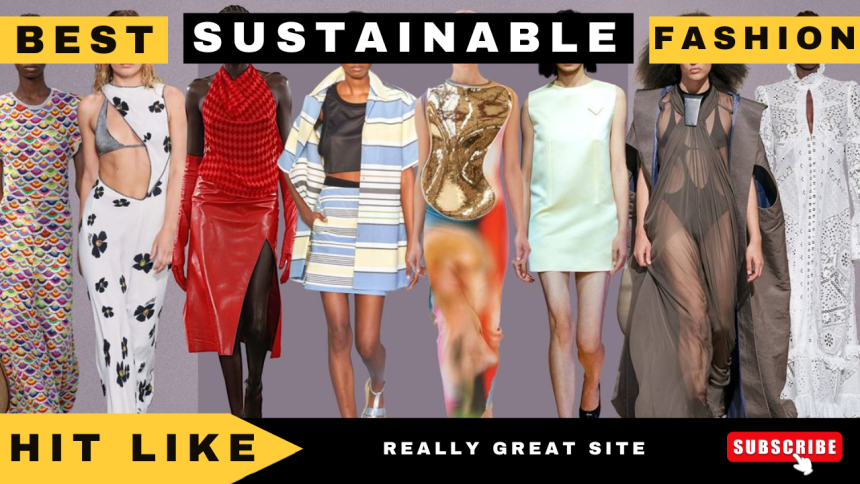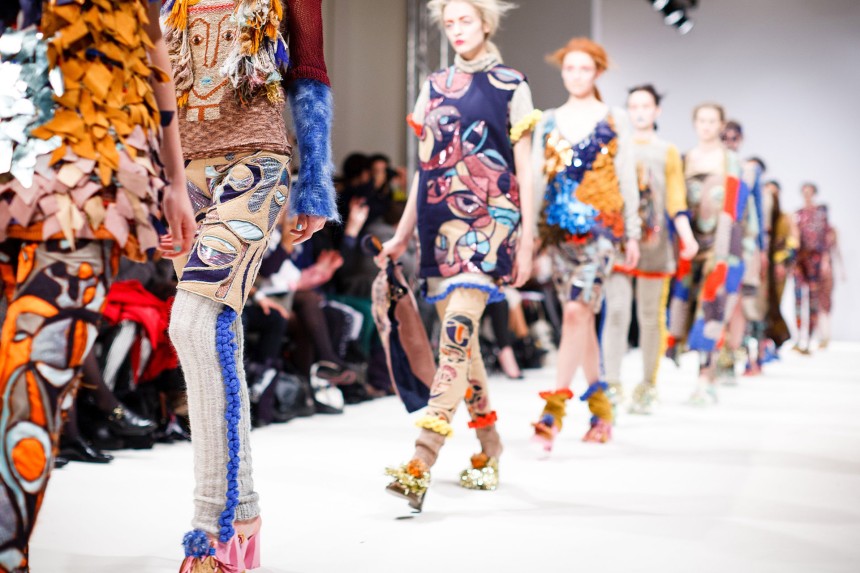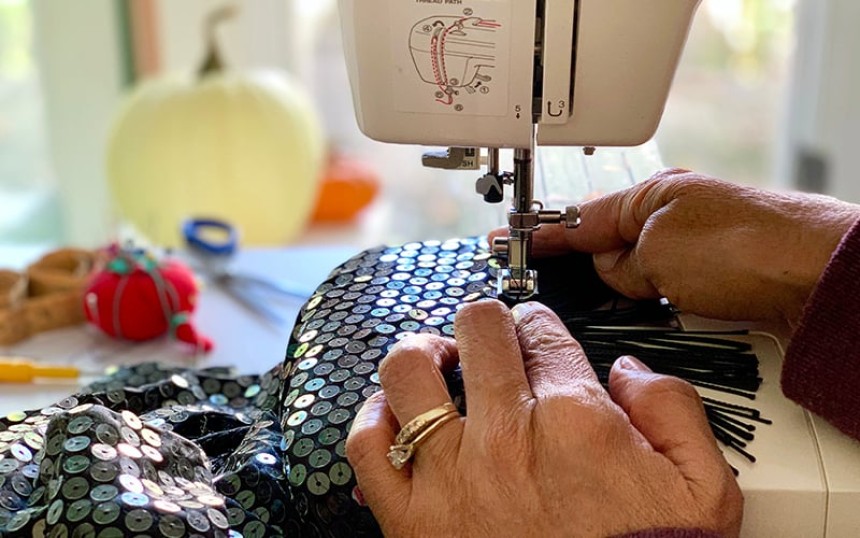
Sustainable Fashion: The Future of Eco-Friendly Apparel
The Problem with Fast Fashion
Fast fashion dominates the industry with its rapid production cycles and low-cost offerings. However, this convenience comes at a significant cost : * Environmental Impact: The fashion industry accounts for 10% of global carbon emissions and is the second-largest consumer of water. * Waste Crisis: Over 92 million tons of textile waste are generated annually. * Labor Exploitation: Many workers in developing countries are underpaid and work in unsafe conditions.

What is Sustainable Fashion?
Sustainable fashion focuses on minimizing environmental harm and promoting ethical practices across the entire supply chain. Key elements include: 1. Eco-Friendly Materials: Fabrics such as organic cotton, recycled polyester, and bamboo reduce resource consumption and waste. 2. Ethical Production: Ensuring fair wages, safe working conditions, and transparency. 3. Circular Fashion: Encouraging recycling, upcycling, and clothing rental to reduce waste.

Innovative Trends in Sustainable Fashion
1. Bio-Based Materials
Brands are turning to innovative materials such as mushroom leather and algae fabrics, which are biodegradable and require fewer resources to produce.
2. Digital Fashion
Digital-only clothing is gaining traction, allowing consumers to "wear" outfits in virtual spaces without physical production.
3. Slow Fashion Movement
Encouraging consumers to invest in high-quality, timeless pieces rather than following seasonal trends.

How Consumers Can Support Sustainable Fashion
* Buy Less, Choose Wisely: Focus on quality over quantity. * Shop Second-Hand: Thrift stores and online resale platforms reduce waste. * Support Sustainable Brands: Look for certifications like Fair Trade, GOTS, or Cradle to Cradle. * Care for Your Clothes: Extend the life of your garments through proper care and repair.

The Future of Sustainable Fashion
The future of fashion is promising, with innovations and awareness driving significant changes. Governments, brands, and consumers all have a role to play in accelerating the shift toward sustainability. By adopting sustainable practices today, we can ensure a cleaner, greener planet for future generations.






